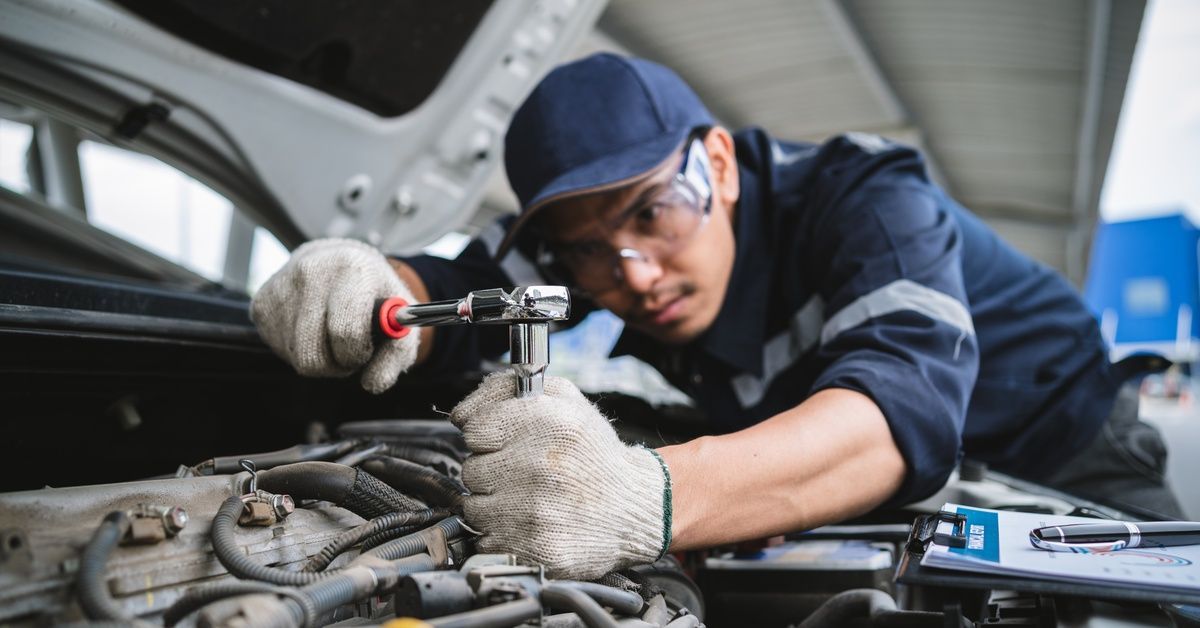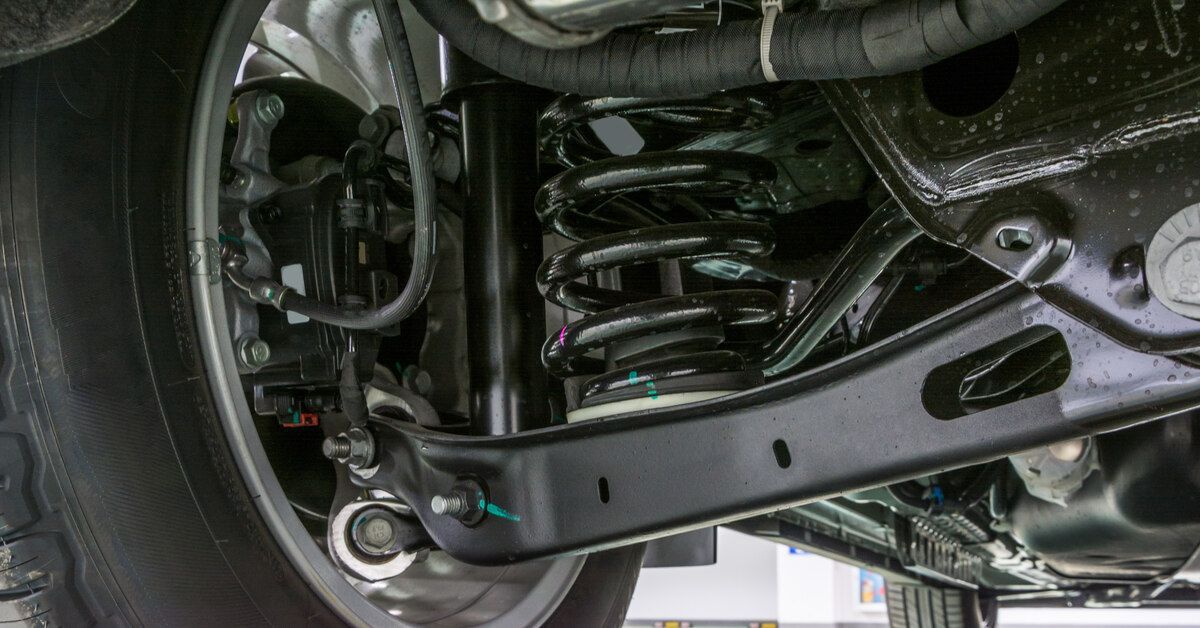Top 10 Most Common Auto Repairs and How To Prevent Them
Owning a vehicle can bring convenience to a person’s life, but they must also deal with maintenance issues. By anticipating these issues, you can experience fewer complications in your life. Read on to learn about the 10 most common auto repairs and how to prevent them.
Tire Damage
When you drive over sharp objects and potholes, your car can experience tire damage. Avoid them by checking your tires and frequently measuring the air pressure. You should also invest in quality tires for longer-lasting performance.
A Dead Battery
Your car’s battery can lose its charge over time or in extreme temperatures. To prevent this, inspect it periodically for corrosion and clean terminals as needed. You should also replace the battery every three years.
New Spark Plugs
Your vehicle’s spark plugs can become dirty or worn, resulting in misfires and poor vehicle performance. To maintain your engine’s efficiency, make a habit of replacing them every 30,000 miles.
Suspension Issues
When your vehicle experiences bumpy rides and difficult steering, it often means you have a suspension issue. By having regular inspections performed and having your shocks and struts replaced, you can keep your rides smooth.
An Oil Change
Your oil lubricates your engine components and prevents them from experiencing damage. However, it can become dirty over time, reducing its effectiveness. Focus on having your vehicle’s oil changed every 3,000 to 7,000 miles.
A New Oil/Air Filter
While an oil filter takes contaminants out of your oil, your air filter prevents them from getting in the engine. However, when they get dirty, your oil won’t flow as easily, and the air won’t flow into your engine. You can prevent this by having your mechanic change both with every oil change.
A New Thermostat
Another one of the most common auto repairs is the need for a replacement thermostat. This component regulates your engine temperatures and prevents overheating, so replace it at the first sign of trouble to avoid engine damage.
Transmission Difficulties
When you hear the sound of grinding gears in your car, or if it feels like it’s slipping, you most likely have transmission problems. Check your transmission fluid levels often and have it replaced every 60,000 miles.
Brake Issues
If your brakes make a squealing sound or aren’t providing the proper stopping power, you most likely have an issue. Have your mechanic inspect them and replace your brake pads to ensure safe stopping.
A Missing Fuel Cap
When your fuel cap goes missing, dirt and moisture can enter your fuel system, reducing your vehicle’s efficiency. You can avoid losing it again by double-checking that you have returned it after refueling.
Keeping up with regular maintenance reduces the need for unexpected auto repairs. However, if you continue to need car repair service after providing your vehicle with the proper care, Advanced Vehicle Technology Services can help. Our years of experience allow us to quickly address automotive problems so you can get back to enjoying convenience with your car.




